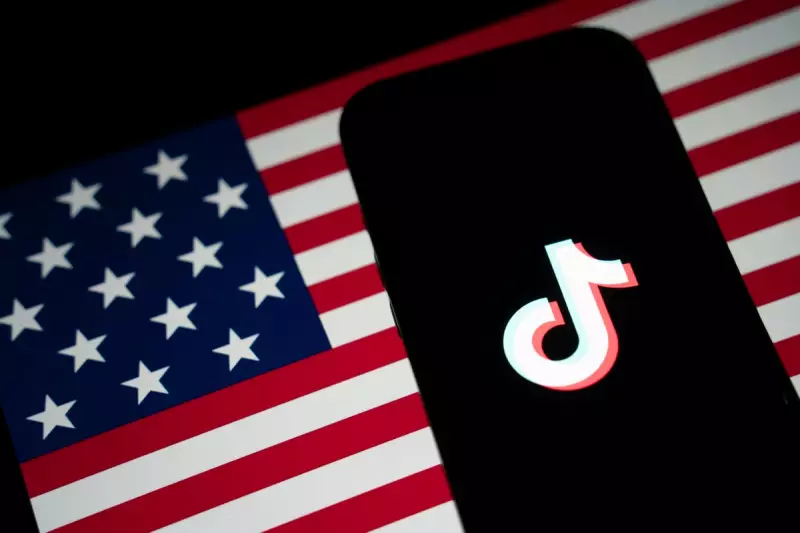
In a striking rebuke of his predecessor's policy, President Joe Biden's administration has officially joined TikTok, the Chinese-owned social media platform that Donald Trump tried to outlaw. The @WhiteHouse account made its debut this week, signalling a dramatic shift in the US government's stance towards the controversial app.
The move is set against a backdrop of intense legal and political wrangling. A court-ordered deadline of January 31st looms for ByteDance, TikTok's parent company, to divest its US assets or face a potential nationwide ban—a mandate stemming from Trump-era executive orders citing national security concerns over user data.
A Platform for Power
The new account's first video, a light-hearted clip of Press Secretary Karine Jean-Pierre answering questions, has already garnered millions of views. This strategic embrace of the platform underscores a fundamental recognition of its power to reach younger demographics, a key voting bloc.
"It's the ultimate irony," said a digital strategist speaking on condition of anonymity. "The very administration continuing the legal push to potentially break up TikTok is simultaneously using it to push its message. It shows just how indispensable the platform has become in modern political communication."
The Looming Deadline and Legal Limbo
The situation remains fraught with uncertainty. The January 31st divestiture deadline, enforced by the Committee on Foreign Investment in the United States (CFIUS), could compel a sale of TikTok's US operations. However, ongoing legal challenges have repeatedly stalled Trump's original ban, leaving the app in a prolonged state of limbo.
Former President Trump had declared TikTok a national security threat, alleging that the Chinese government could force ByteDance to hand over data on its American users. His executive orders sought to ban downloads of the app and effectively force a sale to US companies like Oracle and Walmart—a deal that never ultimately materialised.
The Biden administration has largely continued the legal fight against ByteDance but with a more measured, process-driven approach, reviewing the alleged risks in detail rather than issuing blanket decrees.
Security Concerns vs. Public Reach
The White House's decision to join the platform has inevitably drawn criticism from security hawks. They argue it legitimises an app their own government is trying to break up and creates a paradox where official US government data is hosted on a service deemed a potential risk.
Administration officials have defended the move, stating that the account is a necessary tool for public engagement and that they are taking "advanced security measures" to operate it. The debate perfectly encapsulates the modern dilemma of balancing perceived security threats against the undeniable utility of digital platforms for public outreach.
With the deadline fast approaching and legal battles far from settled, the future of TikTok in the United States hangs in the balance. But for now, the White House is betting that its message, delivered in short, viral videos, is worth the political risk.





